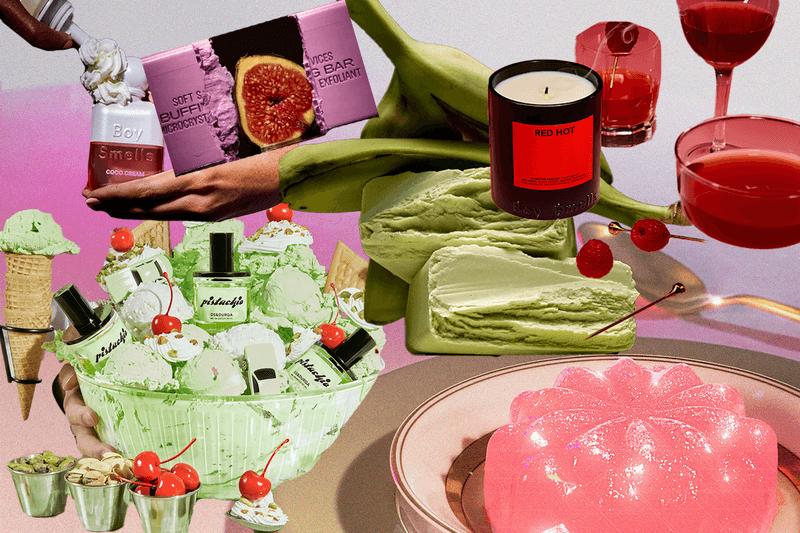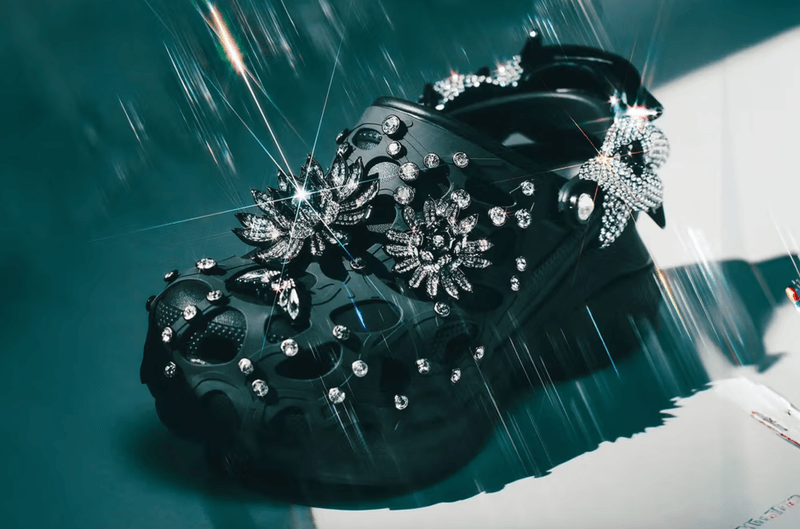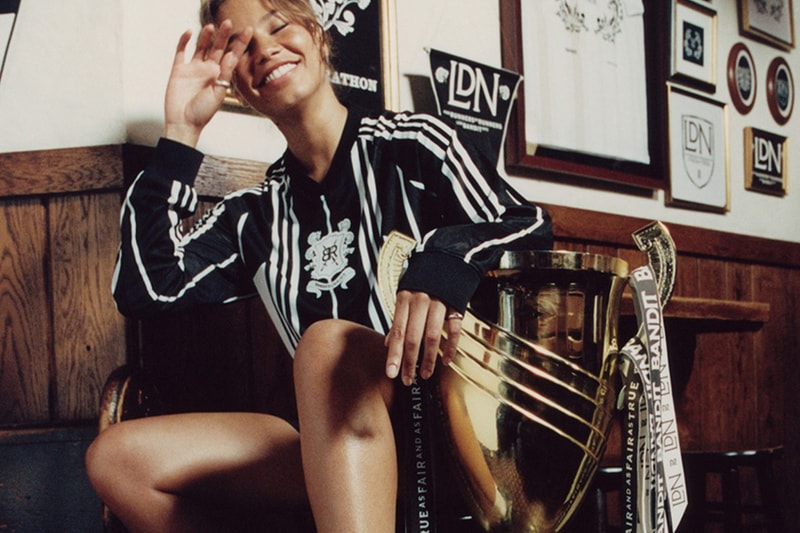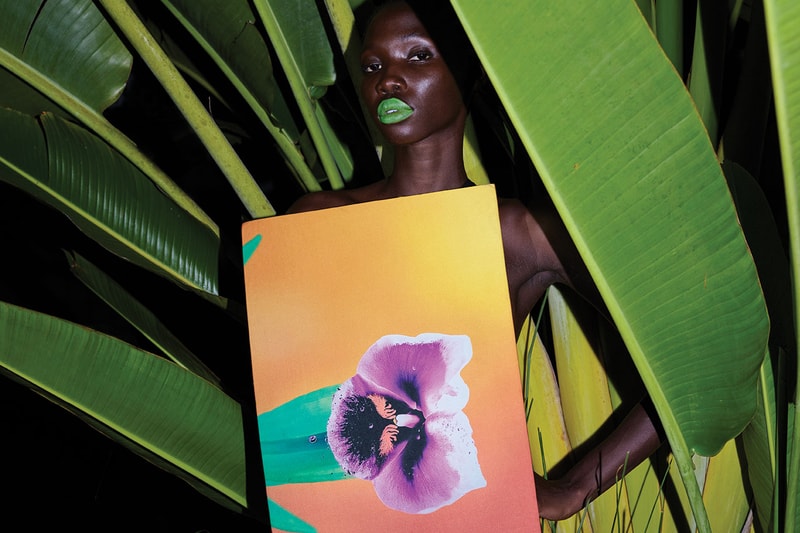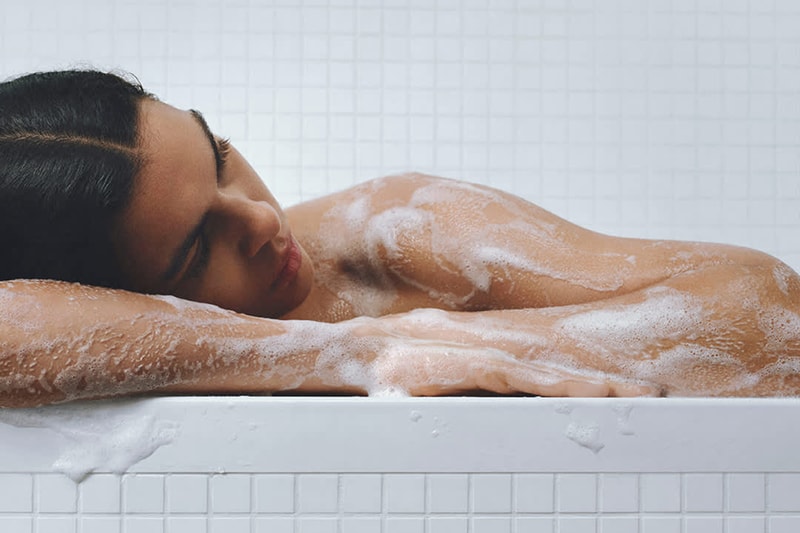What It's Actually Like Being a Mother
info@hypebae.com (Hypebae) Sun, 14 May 2023 Hypebae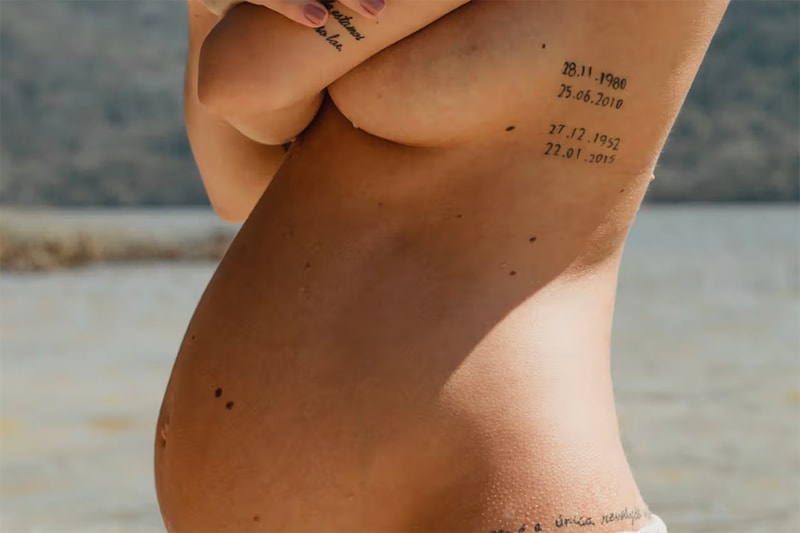
The person thanked most in any acceptance speech is mom.
Regarded as one of, if not, the most important person in our lives, mothers are celebrated and respected, not only on Mother's Day, but year round. While mothers are often praised and revered, our society has a terrible habit of not treating them as people. Although those with uteruses face a lifetime of societal pressure to have children, our culture's constant criticism of mothers can turn it into fruitless labour. There is no doubt that being able to create and sustain life is a truly magical feat, however, we have a disturbing tendency to glorify mothers for suffering, rewarding them for enduring unnecessary struggles and yet, it is still seen as an obligation for those with the potential to conceive.
While we claim to love moms, we do not do enough to support them. From scarce maternity leave to inaccessible and inadequate medical care to the silent shame gestational partners carry if hit with postpartum depression, we live in a culture that both exalts and demeans mothers.
Non-binary tattoo artist Tea Leigh experienced the horrors of our incompetent healthcare system first-hand as they were completely disregarded and disrespected in more ways than one. First starting with their primary physician misgendering them, their doctor accidentally revealed the gender of their baby at 40 weeks, much to their dismay as they did not want to know until the baby was born. Tea's dream of having a home birth was also dashed when they realized their now three month-old Darling wasn't moving. Induced at 41 weeks, Tea's midwife only had a year's worth of experience, yet was in charge of their entire labor process. "When you think you're gonna give birth one way, plan for 900 other options because you're not going to get the birth that you want," Tea shares. To say that they did not get the birth they wanted would be an understatement.
Having had an emergency C-section, Tea experienced the horrifying fact that those who give birth are seen as a non-entity in comparison to the very baby they created. Mothers are just the vessel. Reflecting on the traumatic birth, Tea bravely shares, "Once the contractions caused by synthetic hormones became unbearable, I elected to have an Epidural and the nurse administering the shot was yelling at me to stay still. I understand the severity of moving around while I have a needle in my back, but I was physically in labor and obviously couldn't prevent myself from having contractions. This is when things took a turn. Darling's blood pressure dropped severely. The only good part of my experience was a nurse preparing for the flood of people coming into the room. She said, 'Just to let you know, I'm about to press a button because your child's blood pressure is a little low. About 14 people are going to walk in here and I want to tell you that doesn't mean there's something absolutely wrong with your child, but they're going to be really chaotic.'"
"Everyone saw me and my partner was the only one who was trying to watch our child be ripped out of me and also trying to take care of me at the same time. Once Darling was out, I didn't hear them crying."
"As soon as she pressed the button, 15 people came in and pushed my partner away. They started touching me and flipping me without my consent, injecting me with medications -- no one was telling me what was going on. My midwife was in the room, screaming at everyone to calm down and all of the resident doctors were ignoring her. I later found out that my baby's condition was much more severe than I thought, but none of this was communicated to me. To make matters worse, my partner and my doula did not have access to me whatsoever. All of a sudden, I'm being rushed to the operating room. I'm very adamant that I cannot have opiates because I'm incredibly sensitive to them and they ended up giving them to me anyway. During my C-section, I threw up the entire time, so severely that I was choking on my own vomit. I was paralyzed from the neck down, so I couldn't do anything. No one was using suction on me. No one was cleaning any vomit out of my hair. Everyone knew what was going on. Everyone saw me and my partner was the only one who was trying to watch our child be ripped out of me and also trying to take care of me at the same time. Once Darling was out, I didn't hear them crying."
Traumatic doesn't even begin to truly describe Tea's experience as the entry of their child into this world was undoubtedly a violent one. While some may justify the doctors' actions as necessary to save Darling's life, it is never acceptable to dismiss the very real person carrying that life. It is no secret that the American healthcare system has its many shortcomings, but so few know that without insurance and savings, giving birth in a hospital can cause upwards to $25,000 USD. Tea later found out that her friend was in labor in the same hospital, but received a much better treatment, thanks to the sheer luck that her friend had the same medical team as Beyoncé.
From scarce maternity leave to inaccessible and inadequate medical care to the silent shame moms carry if hit with postpartum depression, we live in a culture that both exalts and demeans mothers.
Doula and Swehl Motherboard Member Brandi Jordan understands how much the American healthcare system is failing birth givers and parents as her very profession carries a stigma since many think that only celebrities or "rich white people" have doulas. "We're in a state where the level of care that you get is very much dependent upon your income status," Jordan shares. "One major thing our system lacks is continuity of care, no one's talking to each other. Let's say you're having pelvic floor issues, rather than having an integrated system of care, you have to go to your OB/GYN, meanwhile you're paying for all of these services separately and out of pocket. In America, your birth is the only thing that's covered, but any speciality services are not considered to be necessary care as it should be."
Income isn't the only issue as 1 in 4 Black women will die in childbirth. Despite women of color historically assisting in childbirth, we have been pushed out of the medical system, resulting in biased and slightly ignorant processes. "In my first ten years as a doula, I had one Black client that entire decade. Now, it's starting to change as doulas become more mainstream, but it shouldn't be doulas' responsibility to change an entire system. We can advocate for clients, but if they're learning in medical school that Black women feel pain less than other women, that's something as a doula that I can't actually change. It has to come from the system itself."
Having a safe birth should not be a luxury.
"We can advocate for clients, but if they're learning in medical school that Black women feel pain less than other women, that's something as a doula that I can't actually change. It has to come from the system itself."
If giving birth wasn't stressful enough, new moms, of course, have to deal with the pressures to raise their families a certain way. Women are pressured to have it all, yet workplaces with daycares are unheard of. Open up social media and you'll find a host of mothers airing their frustrations with archaic gender roles and the resulting stress of having to shoulder the bulk of domestic labor, while some parents are attacked for choosing to pay for cleaning and childcare services.
Cocokind founder Priscilla Tsai speaks to the unduly insistence that mothers perform a strenuous balancing act, sharing, "People often see me as a mother and a successful CEO and assume I have it all and actually I don't, but I'm fine with that. Everyday, I have childcare from 8:30 a.m. to 5:30 p.m. with my two year-old in school and I have an amazing nanny. I'm lucky that I don't feel guilty about it." She adds that while both her and her husband work a lot, her partner assumes a lot of the day to day tasks, telling us, "He's the one with the monitor on his side so I can sleep through the night, he's the one getting up in the morning with a bottle, so I can have my coffee first and be a person. This isn't to commend him for doing the responsibility of being a parent, but I've seen peers in my generation where their partners don't do as much."
View this post on Instagram
There is where the importance of community care comes in. Milla, former Tumblr-turned-TikTok legend, elected to have a child by themselves, rejecting the nuclear family so that their familial structure wasn't dependent on a relationship. "Coming from a complicated family, to say the least, informed my decision to become a single mother by choice. One of the major reasons I chose to go this route is because I've never wanted to change my familial structure after the child was born. I didn't want to get into something with a partner, rely on that person, expect us to be the same people forever and as you change, which people do throughout their lives, now a child has to deal with the repercussions of that relationship ending. I didn't want that to affect how I raised my child. I don't personally see it as necessary for everyone to go a traditional route to build a family."
Opting out of the Leave It to Beaver lifestyle, Milla created a family unit of their own, living with their sister, mother and grandmother who help raise their child. "Childrearing is supposed to be a community experience. You're meant to have people around you who are supporting you, even if you are truly doing it alone, in a house by yourself. There's supposed to be people around you, but our culture has degraded those communal ties. In any regard, parents should have people around them, helping them with the child. It's integral to their sense of self and development, but it's also nearly impossible to raise a child without a community.

For those with complicated relationships with their own mothers and families, building a strong support system or chosen family is the best way forward as Rachael "Steak" Finley can attest. Having a blended family of her own, Finley is a mom to a nine-year-old from a previous marriage and is now engaged to her current partner.
"Becoming a mother can be isolating, especially if you have a strained relationship with relatives, but that's where mom groups can come into play. They can sometimes be exclusive, but bonding with other women going through the same experience can be extremely helpful. If I'm in a bind, I'm able to drop Mars off to a friend's and it's beneficial for both of us because now her daughter can have a playmate."
"Childrearing is supposed to be a community experience. You're meant to have people around you who are supporting you, even if you are truly doing it alone, in a house by yourself."
In her debut memoir, Nobody Ever Told Me Anything, Finley shares her journey of raising herself as her mother suffered from bipolar disorder and was unable to provide adequate care. Oftentimes, it's those who have had to parent themselves who do the best job. "If you had a turbulent childhood, you're instinctually going to be so careful when it comes to raising your child. The reason I wanted to become a mom was to do it over for both myself and Mars, but do it right this time."
To say that being a mother is hard would be an understatement, which is why it is upon our collective villages to lighten the load of the very people who gave us life. Becoming a mother should be a choice, not a burden, as a result of unfair distribution of domestic labor, piss poor healthcare or the widespread disrespect and diminishment of motherhood. We live in a hypocritical country that puts mothers on a pedestal, while depriving them of the very support and resources they need to thrive.
In honor of Mother's Day, let's all ask ourselves what we can do to make it easier for the hands that feed us.
